Weeknotes 229; humanoid parrots and octopuses

Hi all,
Last week’s newsletter had a couple of wrong links; I was pointed to me (thanks, Harm). Luckily it turned out that only some of the links were in the introduction and update, so I chose not to send an updated newsletter. Of course, I corrected it in the online version. This week I will do an extra test for sure!
Some updates; We will have a new think tank session for the Cities of Things CityLab010 project this week. And we are delighted to have two speakers confirmed for the ThingsCon Salon on Listening Things on 14 April in Eindhoven. Bob Corporaal of CleverFranke will discuss an inspiring project visualising the feel of smart homes. Elif Ozcan Vieira is an associate professor at TU Delft, specialising in design for and with sound. Find more information on the website. We expect one or two additions to the program this week.
Events for the week
First, I like to wish all of you that are going to Austin for SXSW an inspirational time! I have been at seven editions pre covid, and I might aim for another visit next year if FOMO kicks in :) For now, I will follow it from a distance; I think this edition will be interesting as there is something impactful happening in tech and AI in all, for all, which will definitely result in a buzzing vibe.
For people that are around in the Netherlands, some interesting events are:
- Yearly lecture on the State of the Internet this year with James Bridle, this Thursday in Amsterdam (it is sold out)
- Shifting Cosmologies, online lunch session organised by v2, this Friday
- Is this a new thing? Popping up in my Meetup overview: a Prompt Jam… For prompt engineers. (Friday in London)
News to notice
Looking back at last week, the AI storm is continuing. So much so that some are signalling the potential bubble and making comparisons to the state of crypto, while others think it will not end up like Web3. We’ll see.

OpenAI (ChatGPT and Whisper APIs) has released a reduced tariff for pro access and can generate text that's a tenth of the cost of previous models.

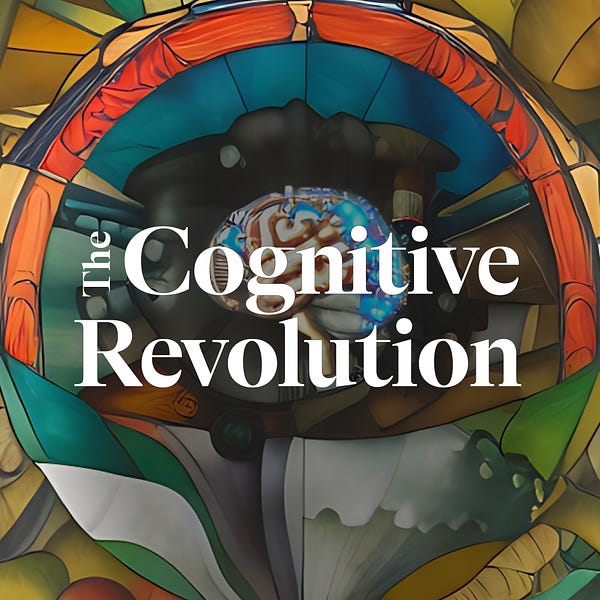
In the aftermath of the Sydney saga with unpleasant conversations, it is stressed we humans and bots are still not the same. “We’ve learned to make “machines that can mindlessly generate text. But we haven’t learned how to stop imagining the mind behind it.” Says Emily Bender, a computational linguist at the University of Washington. “A society with counterfeit people we can’t differentiate from real ones will soon be no society at all.” She is describing the Octopus Test for LLM AIs.

Microsoft is adding personalities to the chatbot: three different ones: creative, balanced, or precise. It might stress the notion that a tool is a tool.
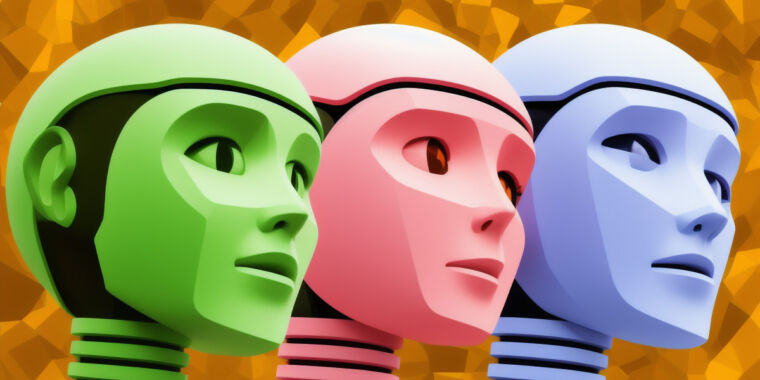
MIT found that logic-aware language models can help to reduce harmful stereotypes.
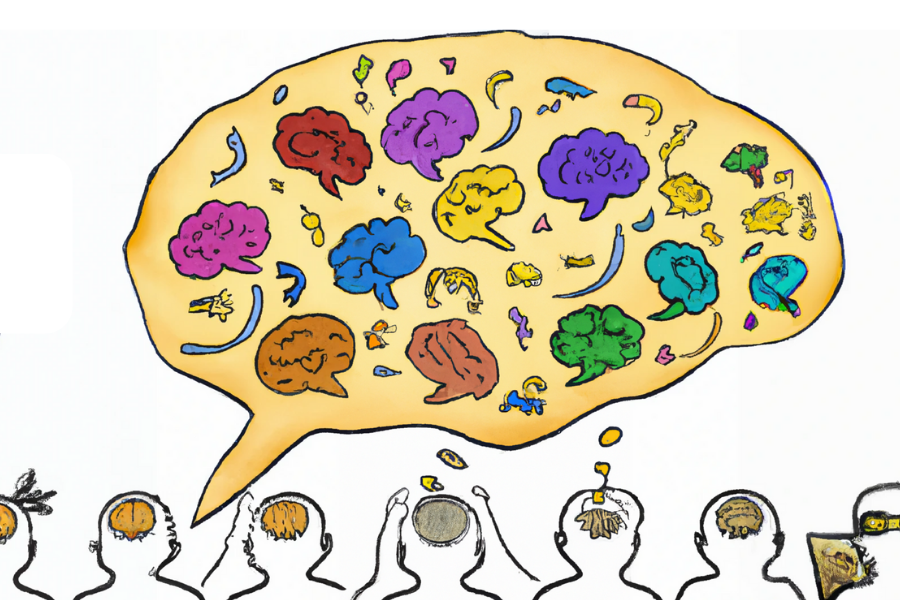
How to use Bing AI? Ethan Mollick has tips. Make Bing you data analyst. The approach that we explore too.
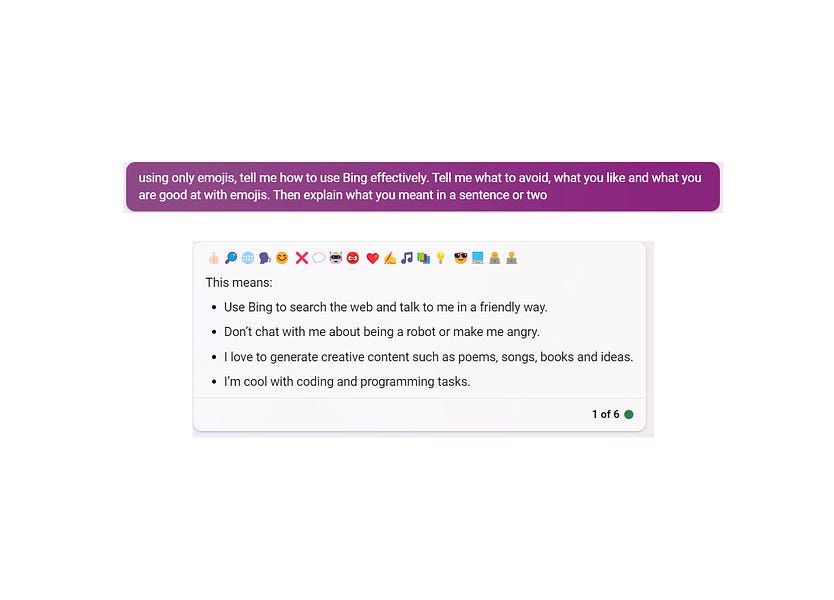
The Verge had a nice overview of the companies that try to keep up with ChatGPT and in what form they do so: Microsoft, Google, Alibaba, etc. Interesting to see that Apple is not on that list. I am sure it will become essential for them to too to keep up the intelligent assistant as part of the physical-digital ecosystem.
/cdn.vox-cdn.com/uploads/chorus_asset/file/24390406/STK149_AI_03.jpg)
Every new technology opens new ways to integrate it into generative thinking, like industrial design ideation.

For better prompt engineering: Make AI write like your favourite writer.

In the meantime, everyone is waiting for GPT-4. “But will endless “scaling” of our current language models really bring true machine intelligence?”

Elon had a presentation of plans around Tesla that was a bit underwhelming. One of the updates was a walking Optimus Robot.

Fast Company thinks that the race to build AI-powered humanoids is heating up. Interesting how this is also framed now as AI-powered. The first wave of robot dogs of Boston Dynamics was not so much about intelligence but more about physicality, moving and helping out. Is that linked to the shape of the humanoids?
https://www.fastcompany.com/90859010/the-race-to-build-ai-powered-humanoids-is-heating-up
On climate change and autonomous driving: “Study shows that hardware efficiency will need to advance rapidly to keep computing-related emissions in check.”
“The energy needed to run the powerful computers onboard a global fleet of autonomous vehicles could generate as many greenhouse gas emissions as all global data centres combined currently emit.”
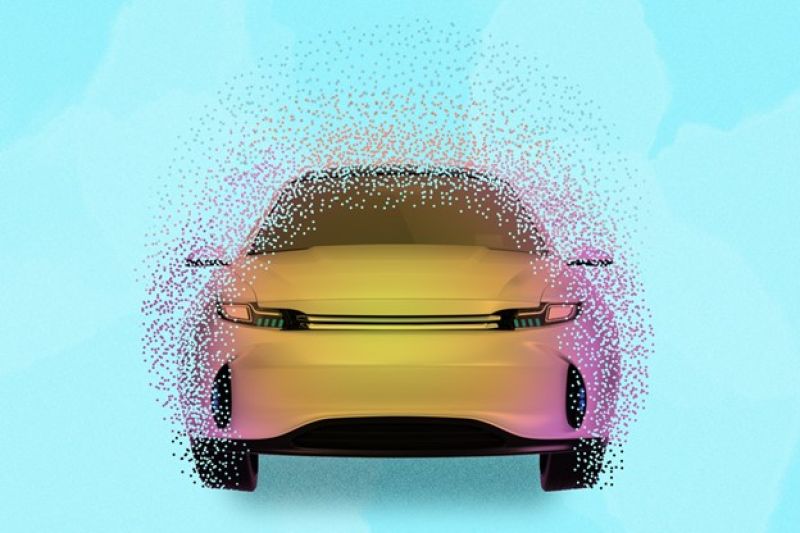
“Imagine a world with precision medicine, where a swarm of microrobots delivers a payload of medicine directly to ailing cells. Or one where aerial or marine drones can collectively survey an area while exchanging minimal information about their location.” Since reading Kill Decision by Daniel Suarez back in the day I feel the power of swarming devices… :)

If you are into data on technology, check the Technology Trends for 2023 by O’Reilly.
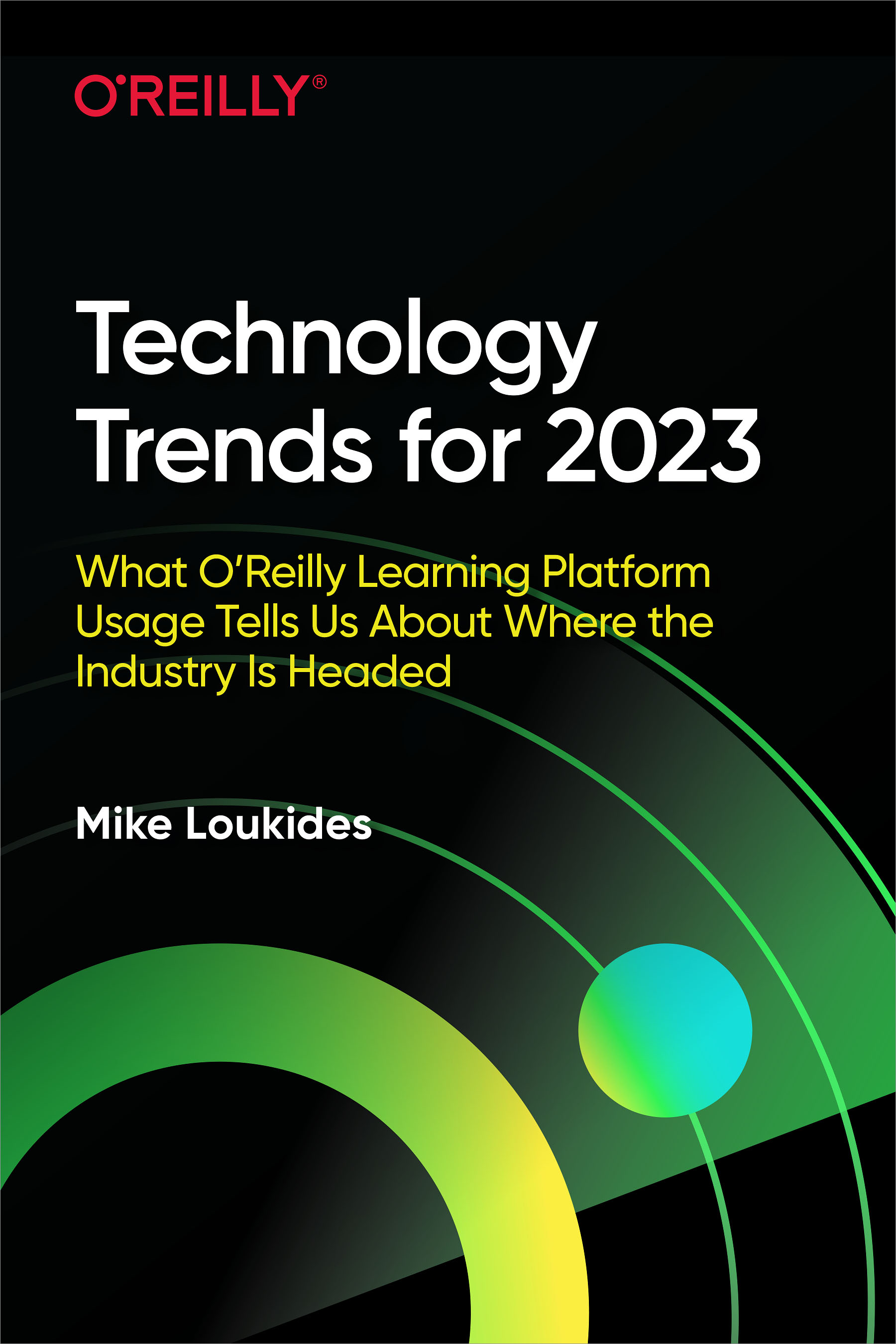
Paper for this week
Via the Pluralistic blog, on topic for our quest to the next iterations of social media, in a time where traditional social media become news media… Moderating the Fediverse: Content Moderation on Distributed Social Media; This essay, which builds on an emerging literature around decentralized social media, seeks to give an overview of the Fediverse, its benefits and drawbacks, and how government action can influence and encourage its development.
Rozenshtein, Alan Z., Moderating the Fediverse: Content Moderation on Distributed Social Media (November 23, 2022). 2 Journal of Free Speech Law (2023, Forthcoming), Available at http://dx.doi.org/10.2139/ssrn.4213674










